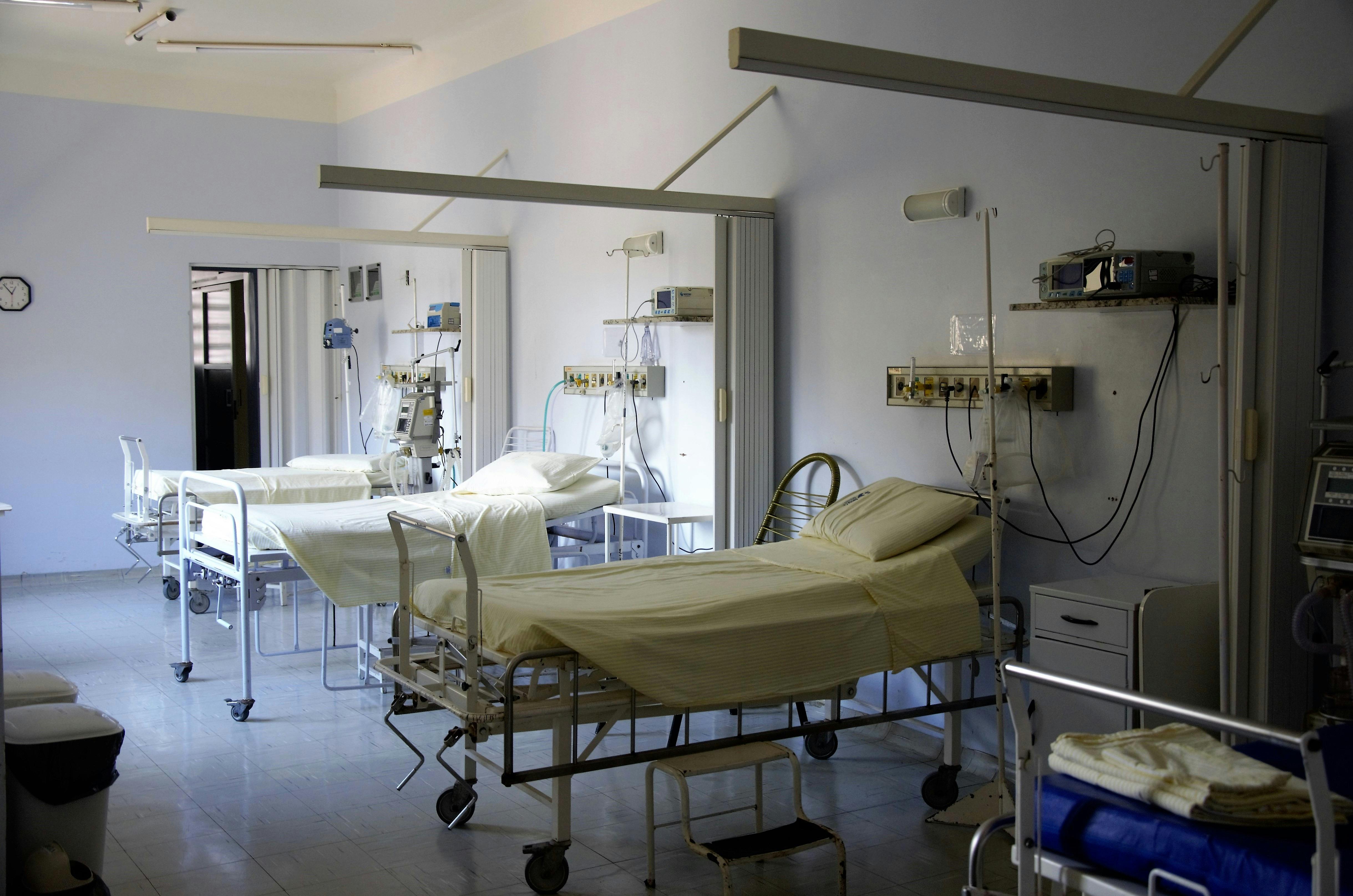The lady almost falls into poverty
One Sunday, our notary received a call from a woman. She called the emergency number listed on our notary's office website. Most notaries don't list an emergency number on their websites. They don't even have one. They don't all seem to realize that some clients have a need or urgent need to contact the notary outside of office hours. Even when they're on the golf course. We even have a chat function on our website, so you can chat with us 24/7, 365 days (and nights) a year.
Anyway, the lady tells our notary that she's been with the same gentleman for 40 years. They're not married. They don't have a registered partnership, nor have they drawn up a cohabitation agreement. The gentleman was urgently admitted to the Antoni van Leeuwenhoek hospital in Amsterdam. He's in bad shape. They never arranged anything. They asked if I could urgently draw up a will. They've already called eight notaries in Amsterdam, but they don't answer, are unavailable, or don't respond for other reasons. Our notary tells the lady that we're happy to support them. Noblesse oblige. Especially when people are vulnerable, we want to be there for them. Although we have a lot of work to do, we make time for emergencies. If necessary, we'll work through the evening or night. We'll even skip our game of padel.
Before we travel to the hospital, we must, of course, first have a preliminary meeting with the seriously ill, terminally ill testator. We do this via Teams on Monday morning. This allows us to discuss their wishes in a relaxed atmosphere and assess their capacity. If they are not, the notary is obligated to refuse their services. If there is any doubt, the notary will rely on the opinion of an independent physician.
The gentleman appears to be approachable. He's low on energy and emotionally charged. Using the checklist, we remotely review his wishes and legal options. After the meeting, we agree to draw up the will, provide a draft of the deed, and have the notary arrive at the hospital at 8:30 PM on Tuesday evening, after a regular office day packed with appointments, to execute the deed.
Early in the afternoon, the notary received a call from the lady. The man's condition was deteriorating rapidly. The lady requested that the notary come this afternoon to sign the will. The notary's schedule was also filled with appointments until 7:00 PM on Monday. The notary suggested that he report to the hospital at 10:00 PM.
Just before ten o'clock, the notary pulls into the parking garage at the Antoni van Leeuwenhoek hospital. He finds his way to the seriously ill patient. The patient and his partner are relieved that the notary has arrived. The notary takes his time. He chats with the attending physician and nurse and lets the patient calm down for a moment. Once the ice has been broken and he seems to have gained the trust of these complete strangers, he explains his role and duties.
The notary then privately discusses the contents of the will with the gentleman. The testator appoints his wife as his sole heir. He excludes his three children, who have had no contact with him for thirty years, from his estate. Everything is signed. The notary says goodbye and drives home before midnight.
The next day at the office the message comes in that the gentleman had passed away peacefully last night.
Had our notary been unable or unwilling to travel to Amsterdam that Monday evening, the deceased's entire estate would have passed to his children under the statutory law of intestate succession. The woman with whom he had been together for 40 years, but who was not married to us, with whom he had no registered partnership or cohabitation agreement, and who therefore had no familial relationship with him, would then have inherited nothing and fallen into poverty.
It is precisely these kinds of tragic situations that make us encourage people – for example with our numerous free videos – to arrange their affairs properly in time.


Services
See also

Why MAES notaries

